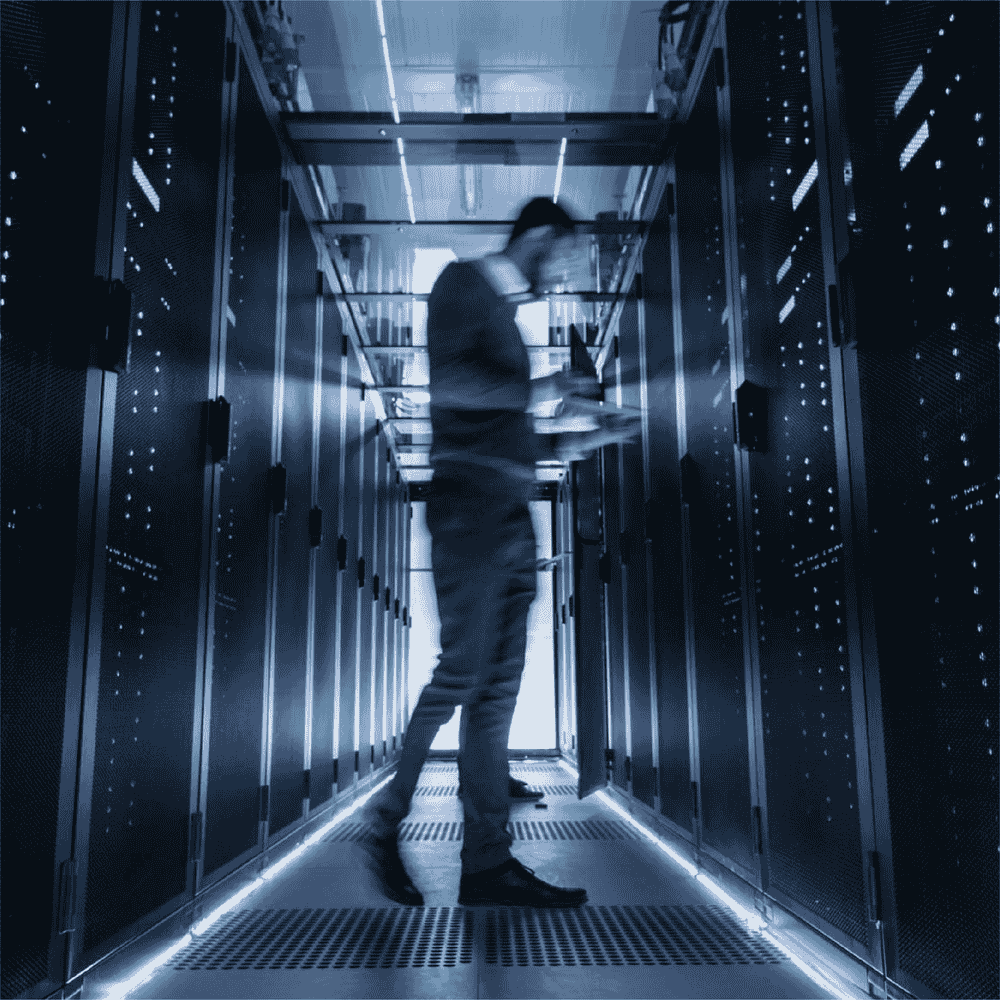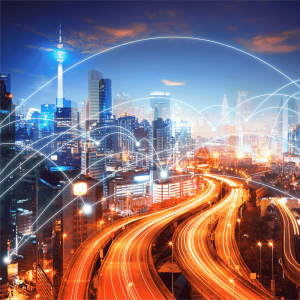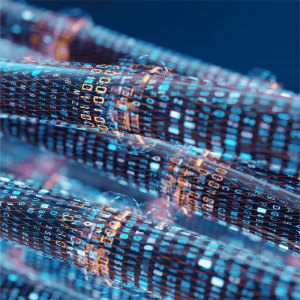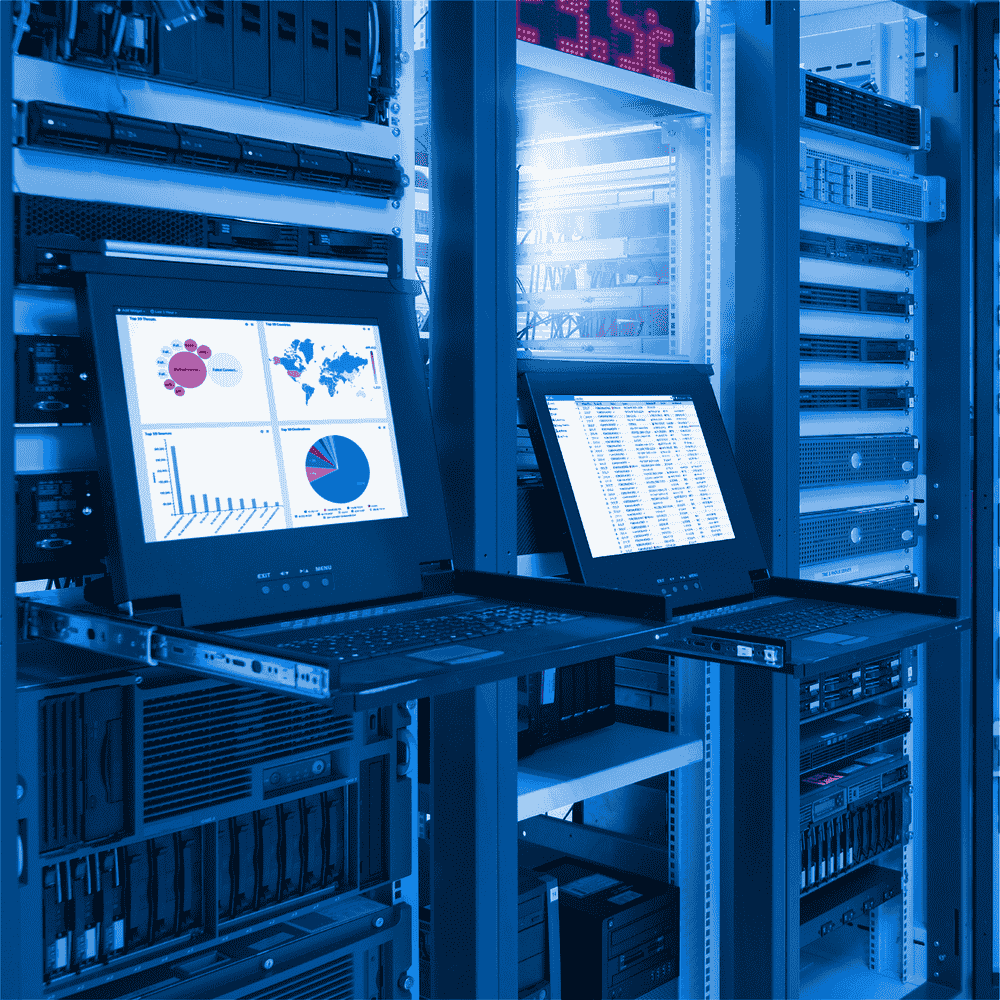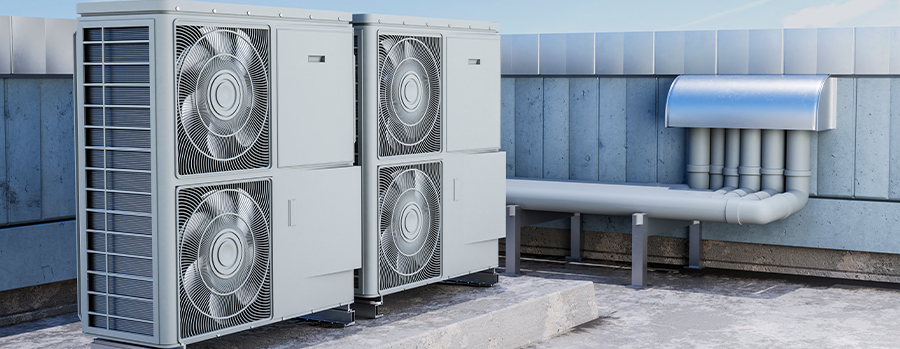Cooling and Power Efficiency in Data Centers: Critical Steps for Sustainability and Cost Savings
Data centers and industrial facilities are known for their high energy consumption, driven by the continuous operation of high-performance equipment. Ensuring cooling and power efficiency is crucial in these environments, not only to reduce operational costs but also to promote sustainability. But why are these factors so vital, and what actions can businesses take to improve them? Let’s explore the importance of cooling and power efficiency and the steps organizations can take to optimize them.
What is Cooling Efficiency?
Cooling efficiency refers to the ability to manage and dissipate the heat generated by servers and other high-performance equipment in a way that minimizes energy consumption. Servers in data centers generate substantial heat, and effective cooling systems are necessary to maintain optimal operating temperatures. Efficient cooling reduces energy usage, lowers operational costs, and minimizes the environmental footprint of data center operations.
What is Power Efficiency?
Power efficiency means using electrical energy as efficiently as possible to ensure that energy consumption is minimized without sacrificing performance. Given that data centers and industrial facilities use energy-intensive equipment, power efficiency is crucial for optimizing energy use. By improving power efficiency, businesses can reduce energy waste, lower operational costs, and decrease their carbon footprint.
Why Are Cooling and Power Efficiency Important?
Cost Savings: Efficient cooling and power systems can significantly reduce operating costs. With the rising cost of energy, implementing energy-efficient systems provides long-term savings and financial benefits.
Environmental Sustainability: In an era where sustainability is a top priority, reducing energy consumption through efficient systems helps businesses decrease their carbon emissions and minimize their environmental impact.
Extends Equipment Life: Proper cooling prevents overheating, which can extend the life of critical IT equipment. Power efficiency ensures that devices are operating in an optimal environment, enhancing their longevity and reducing the frequency of maintenance and replacements.
Future-Oriented Investment: Investing in energy-efficient technologies prepares businesses for future energy costs and ensures compliance with increasing energy efficiency regulations and sustainability standards.
Cooling and Power Efficiency Tips
Using Energy-Efficient Cooling Systems: High-performance cooling systems like CRAC (Computer Room Air Conditioning) units and liquid cooling are efficient solutions that help manage temperature and minimize energy use in data centers.
Investing in Renewable Energy Sources: Integrating renewable energy solutions such as solar or wind power into your energy strategy helps lower environmental impact and energy costs over time.
Smart Energy Management Systems: Implementing smart energy management systems that monitor real-time energy consumption can optimize energy use. These systems automatically adjust operations to prevent waste and maximize efficiency.
Regular Maintenance: Consistent maintenance, such as filter changes, equipment inspections, and software updates, helps ensure that cooling and power systems operate at peak efficiency.
Conclusion
Cooling and power efficiency are essential for both cost reduction and environmental sustainability in data centers and industrial environments. By improving energy use, businesses can not only lower operating expenses but also contribute to a more sustainable future. Investing in these efficiencies enables companies to reduce their environmental impact while optimizing performance.
Contact us today to discover tailored cooling and power efficiency solutions that will help your business reduce energy costs and improve sustainability. Our expert team is ready to provide innovative solutions that fit your needs.

